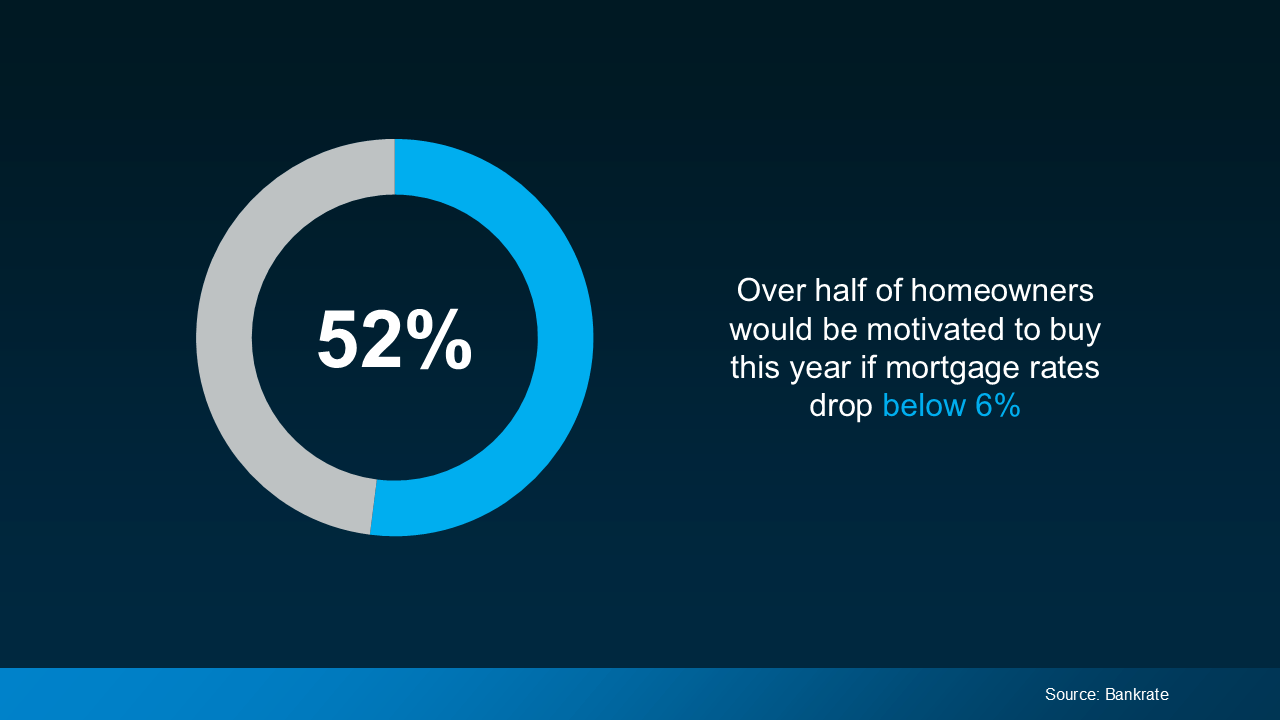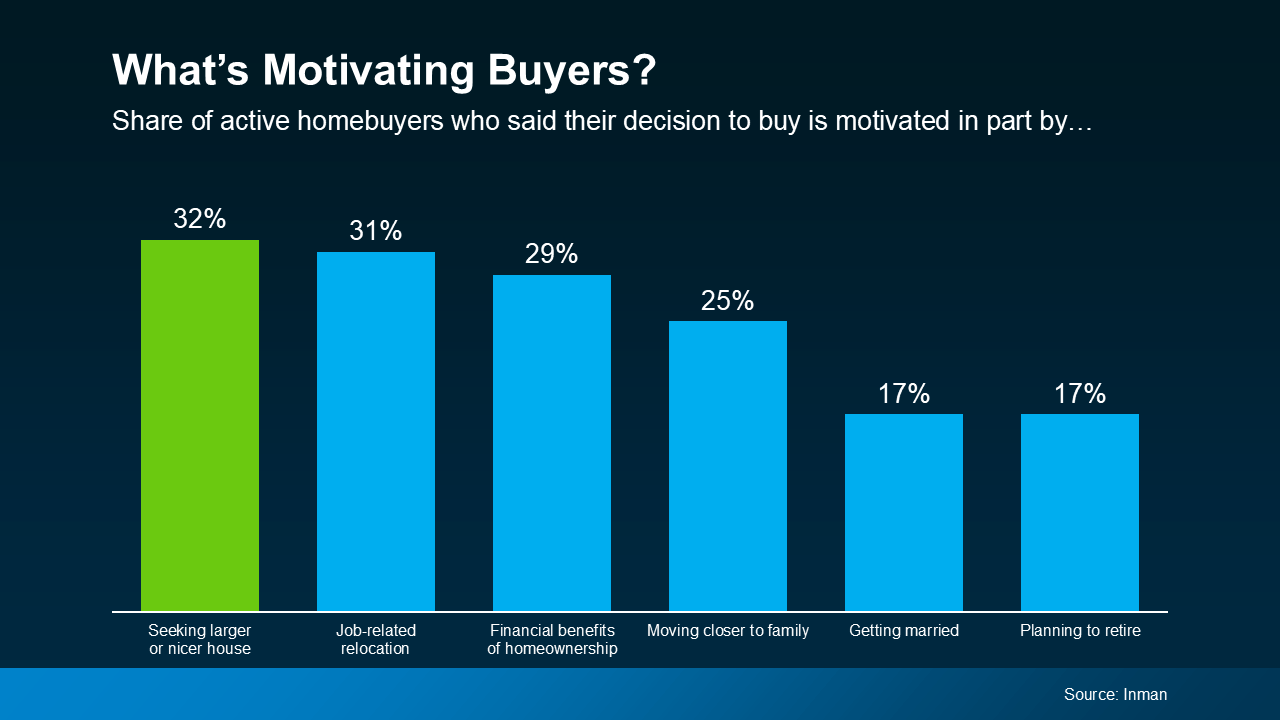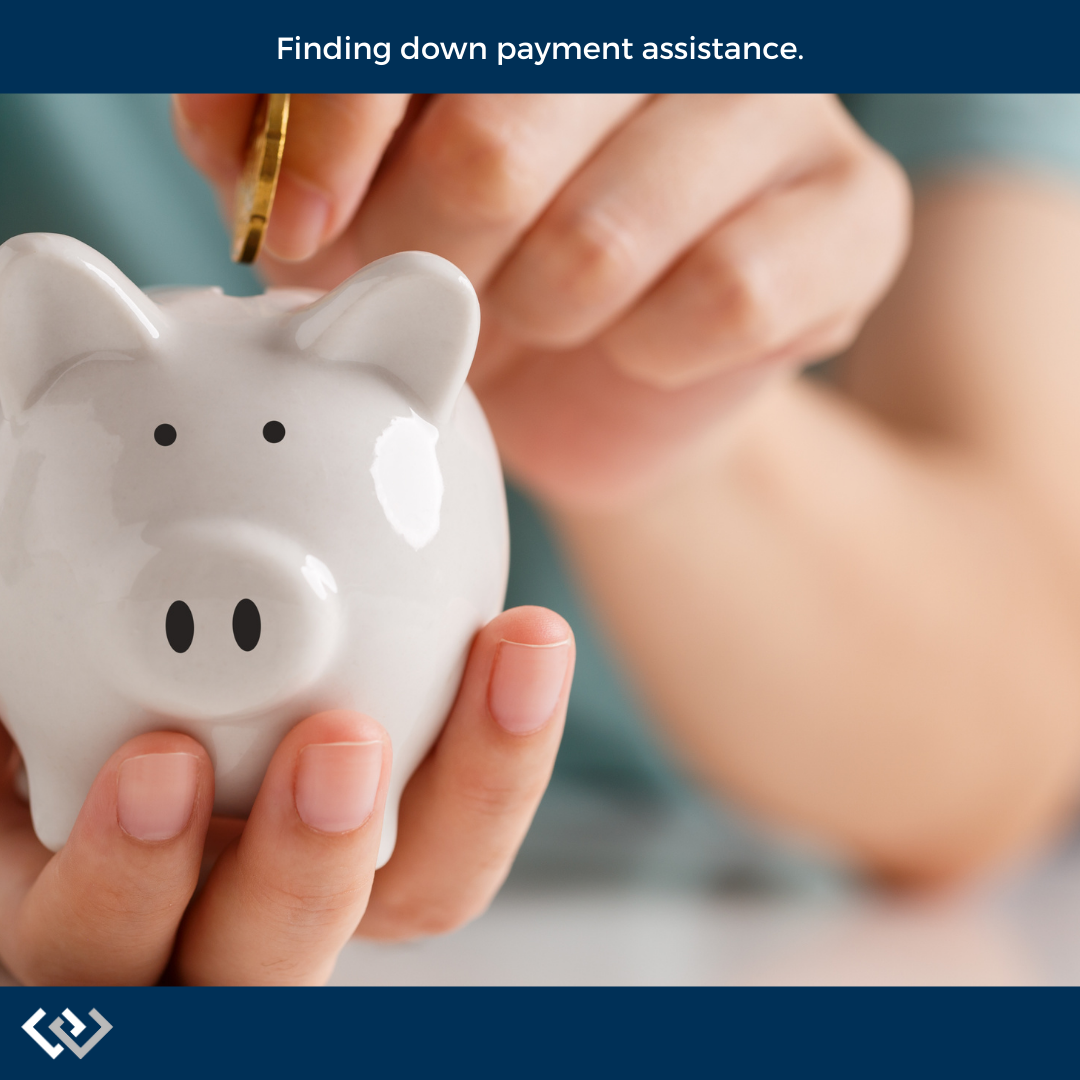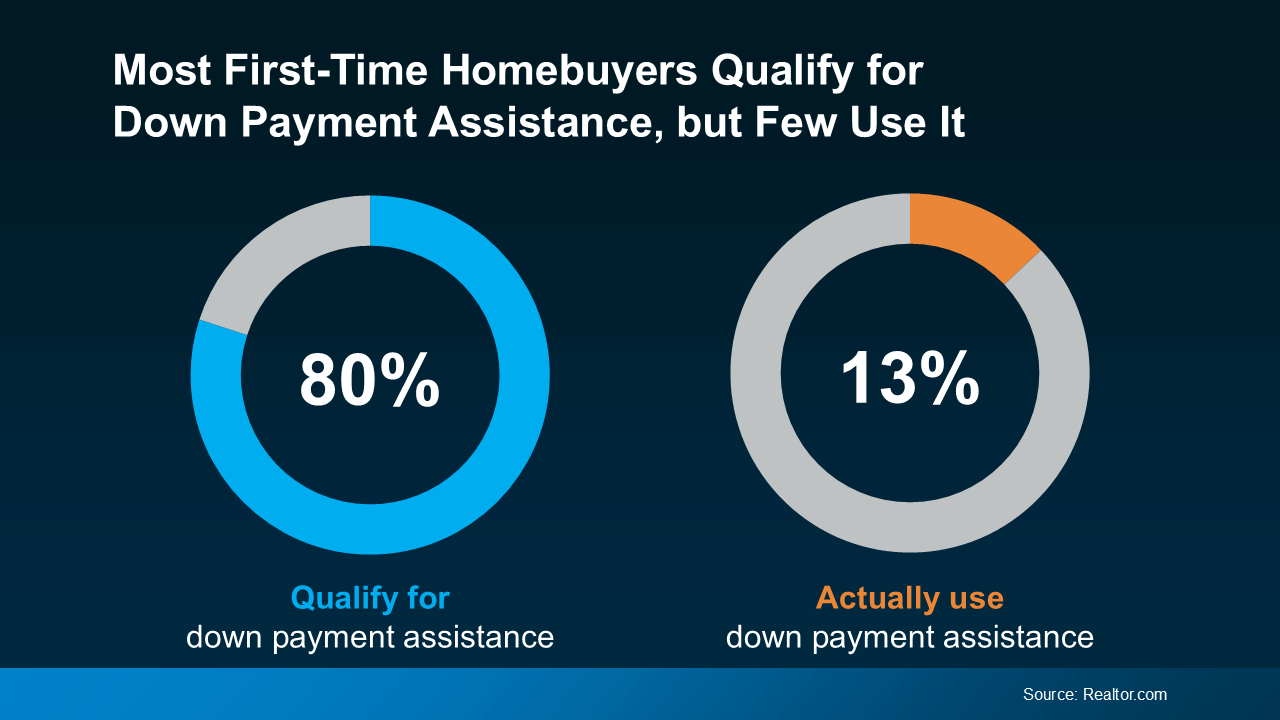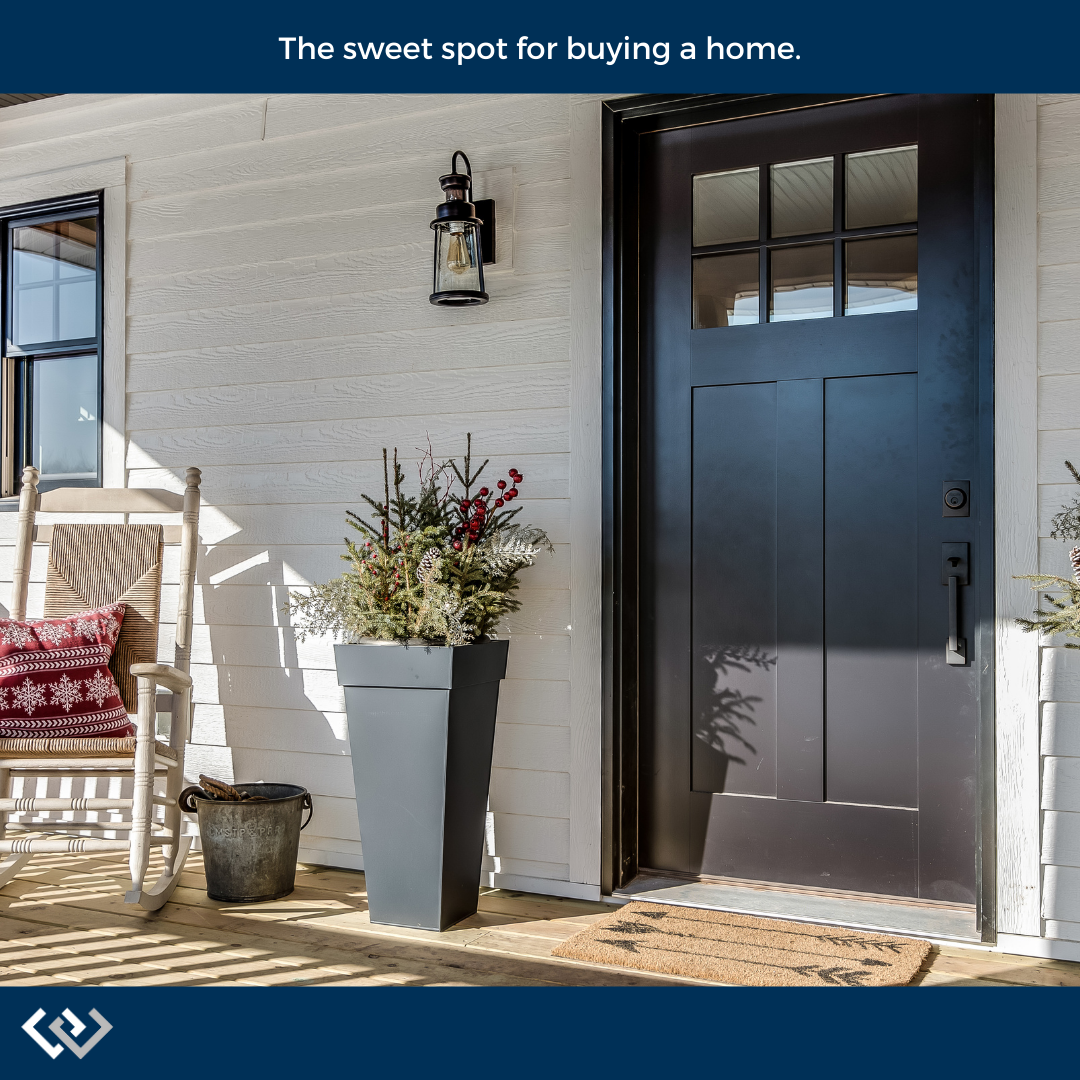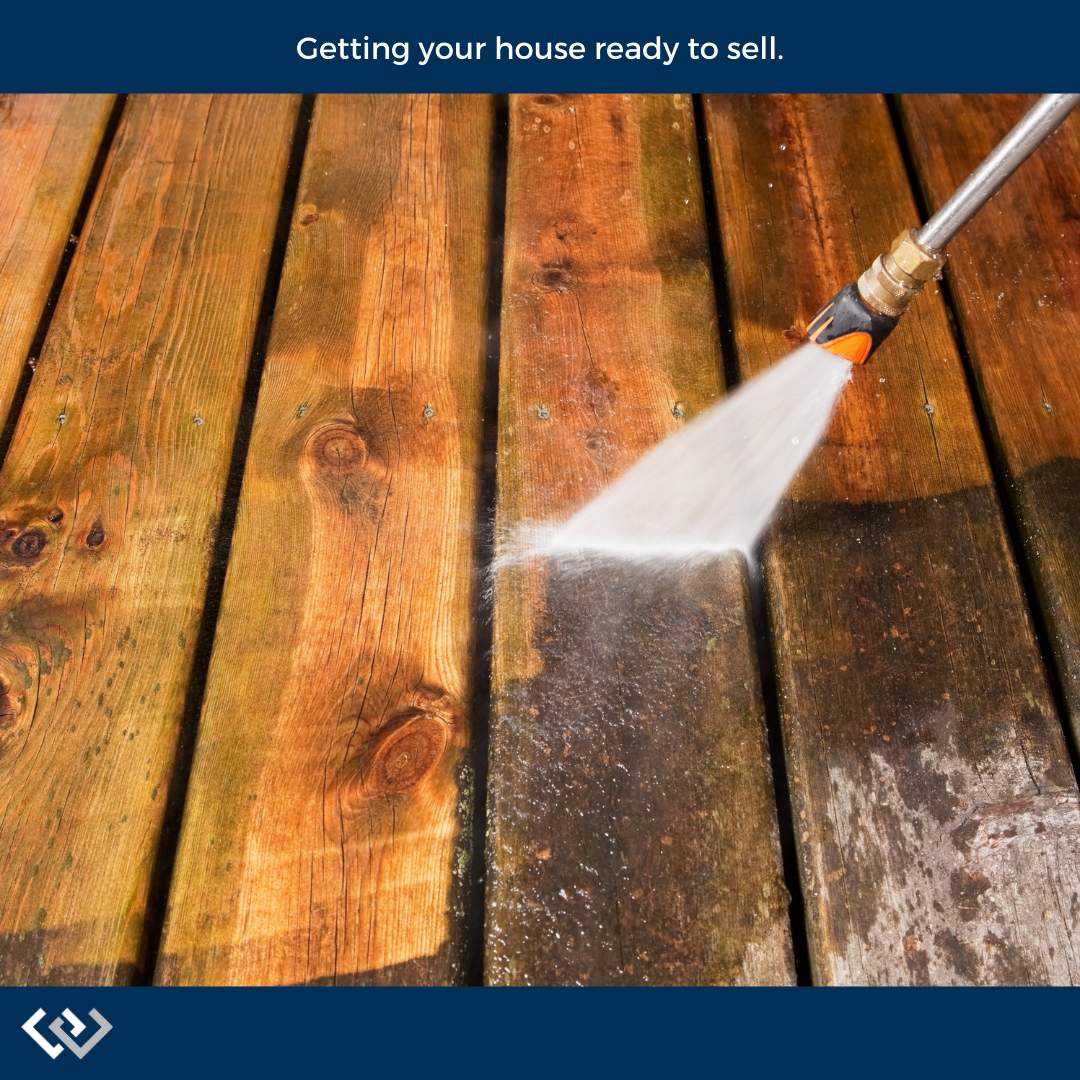When it’s time to buy or sell a home, one of the most important decisions you’ll make is who you’ll work with as your agent. That choice will have an impact on your entire experience and how smoothly it goes.
And, you’ve probably heard a few things about real estate agents—some of them are spot on, but others? Not so much. Let’s take a minute to break down four common myths about real estate agents and why they simply don’t hold up—especially if you’re working with a local expert like me!
Myth #1: All Real Estate Agents Are the Same
This myth couldn’t be further from the truth. Real estate agents differ in experience, local knowledge, and approach. Working with an agent who truly knows the ins and outs of your local market makes a huge difference. It’s not just about finding you a home, it’s about finding the right home that fits your needs and has solid resale value down the road. When you choose an agent, you want someone who’s in tune with the market and who will take the time to understand exactly what you’re looking for.
Myth #2: You Can Save Money by Not Using an Agent
The idea that cutting out an agent will save you money might seem appealing, but in reality, it could cost you more. Without an agent, you’re navigating a complex process solo—negotiating, pricing, handling inspections, and more. A skilled agent not only guides you through these steps but can also help you avoid costly mistakes, like overpaying for a home or underpricing one you’re selling. Plus, agents are experts at negotiating the best possible deal, which often results in savings you wouldn’t have achieved on your own.
That’s why U.S. News Real Estate says:
“When it comes to buying or selling your home, hiring a professional to guide you through the process can save you money and headaches. It pays to have someone on your side who’s well-versed in the nuances of the market and can help ensure you get the best possible deal.”
Myth #3: Agents Will Push You To Spend More
A common misconception is that agents push buyers to spend more so they can earn a bigger commission. As a professional, I can assure you that this is not how I—or any good agent—operate. My goal is to help you find a home that fits your needs and your budget. I want to make sure you’re comfortable with your investment, and that means sticking to what works for you financially. Whether it’s your first home or your dream home, the focus is always on what’s best for you, not the price tag.
Myth #4: Market Conditions Are the Same Everywhere, So Why Do I Need a Pro?
Every market is different! Conditions that apply in one city, or even one neighborhood, may not apply in another. That’s why working with a local expert is key. I know the ins and outs of our market, from pricing trends to neighborhood amenities, and I keep my finger on the pulse of what’s happening. That knowledge helps me guide you toward properties that are not only a good fit for today but will also offer good resale value in the future.
At the end of the day, real estate is about so much more than just buying or selling a home. It’s about finding the right property for your life, your budget, and your long-term goals. As your local agent, I’m here to take the time necessary to make sure you get exactly what you’re looking for. If you’re ready to make a move or just have some questions, I’d love to help you navigate the process!
 Facebook
Facebook
 X
X
 Pinterest
Pinterest
 Copy Link
Copy Link





